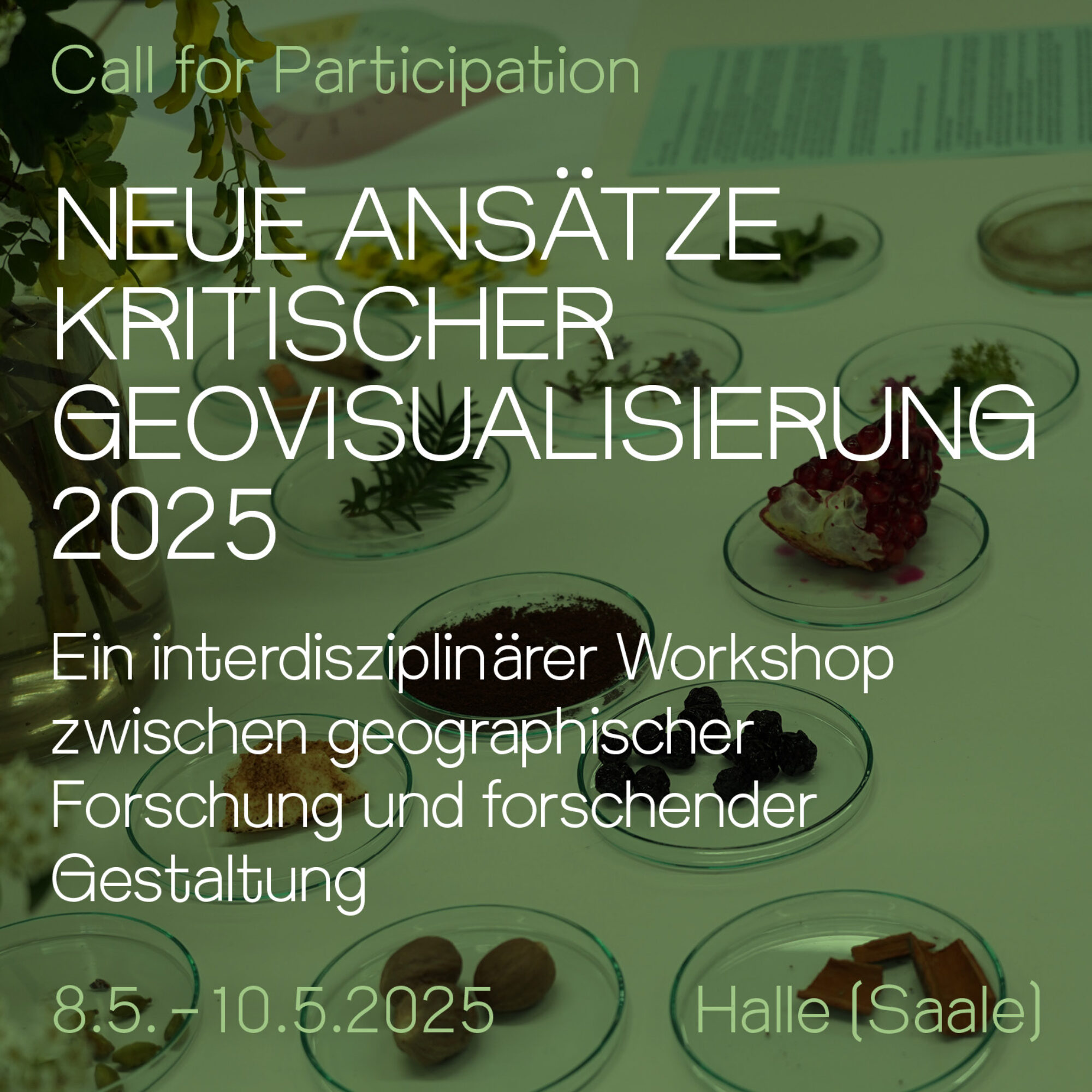Ein Call-for-Papers für Menschen, die an der Schnittstelle von Geographie und Medien interessiert sind.
Special Issue des Journals Media and Communication: Geomedia Futures: Imagining Tomorrow’s Mediatized Places and Place-Based Technologies.
Editors: Karin Fast (Karlstad University), Cornelia Brantner (Karlstad University), and Pablo Abend (Burg Giebichenstein University of Art and Design Halle)
Representations of geomedia technologies tend to celebrate convergent, mobile, and location-based technologies as constitutive of tomorrow’s society and life. In other words, they tend to extend the socio-technological regime we have come to know as geomedia into the future (Fast et al., 2018; McQuire, 2016). As a sister project to a themed issue on Geomedia Histories (Fast & Abend, in press; forthcoming in New Media and Society), this thematic issue aims to challenge what has been identified as “geomediatization realism” by investigating multiple geomedia futures. Hartmann and Jansson (2022, p. 5) engage the term geomediatization realism to refer to “processes of acceptance and resignation not only in relation to media use but also to the wider context of the expansion of geomedia businesses and corporations.” Geomediatization realism encompasses both utopian and dystopian outlooks through which our future with geomedia appears in the singular rather than plural, as if there were no alternatives to the visions of tomorrow that surface in hegemonic geomedia representations (cf. Rose, 2018). In seeking to challenge geomediatization realism, this thematic issue effectively bridges Critical Geomedia Studies and Critical Future Studies. Critical geomedia studies scrutinizes the complex relationship between people, technology, and space/place (Fast et al., 2018). Critical future studies “investigates the scope and constraints within public culture for imagining and debating different potential futures” (Goode & Godhe, 2017, p. 109). Both strands challenge what Fisher (2009) calls “capitalist realism,” the idea that the world defined by capitalism constitutes the only realistic alternative. Goode and Godhe (2017, p. 110) argue for critical future studies that explore the repertoire of possible futures available for public consideration, but also “that both utopian and dystopian modes of imagination are vital for reinvigorating a futural public sphere.” We hope that this interdisciplinary thematic issue can challenge capitalist and geomediatization realism by producing insights into hegemonic and counter-hegemonic visions of our future with geomedia.
We will prioritize contributions that refer to literature from critical geomedia studies and critical future studies (and adjacent literature), that engage key concepts appearing in this call for papers (geomedia, geomedia futures, geomediatized realism, etc.), and that critically and empirically explore future-directed geomedia representations. We anticipate that contributions use methods such as (critical) discourse analysis, multimodal discourse analysis, (socio-)semiotics, or the similar, but do not exclude other approaches. We welcome contributions by scholars of fields of research that study the interplay of people, technology, and space/place.
Submission of Abstracts: 1-15 September 2023
Submission of Full Papers: 15-31 January 2024
Publication of the Issue: July/September 2024
